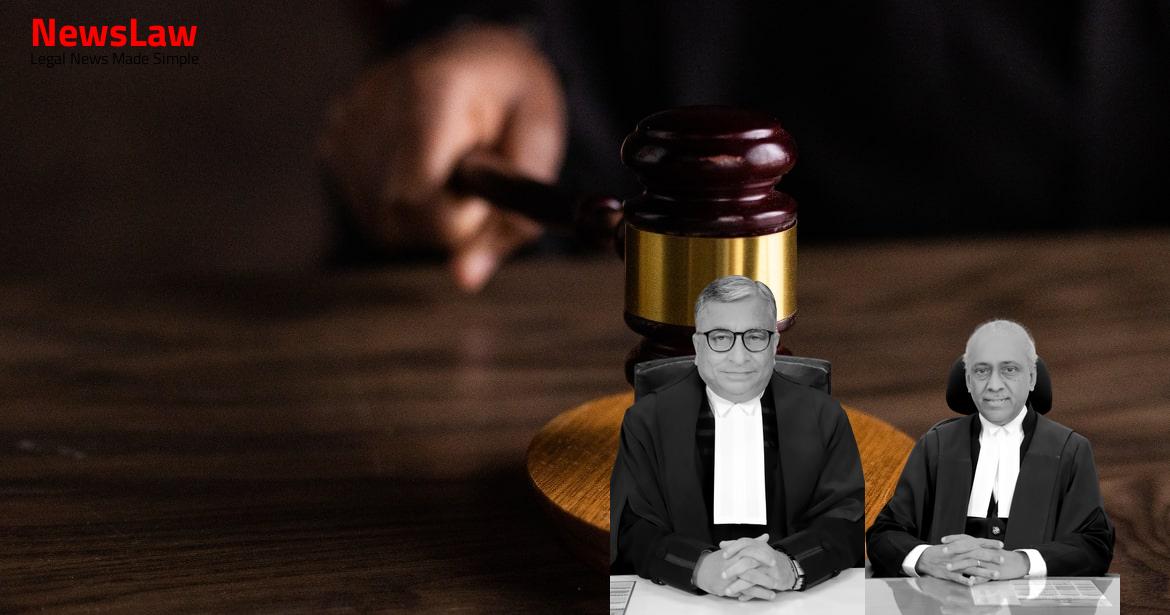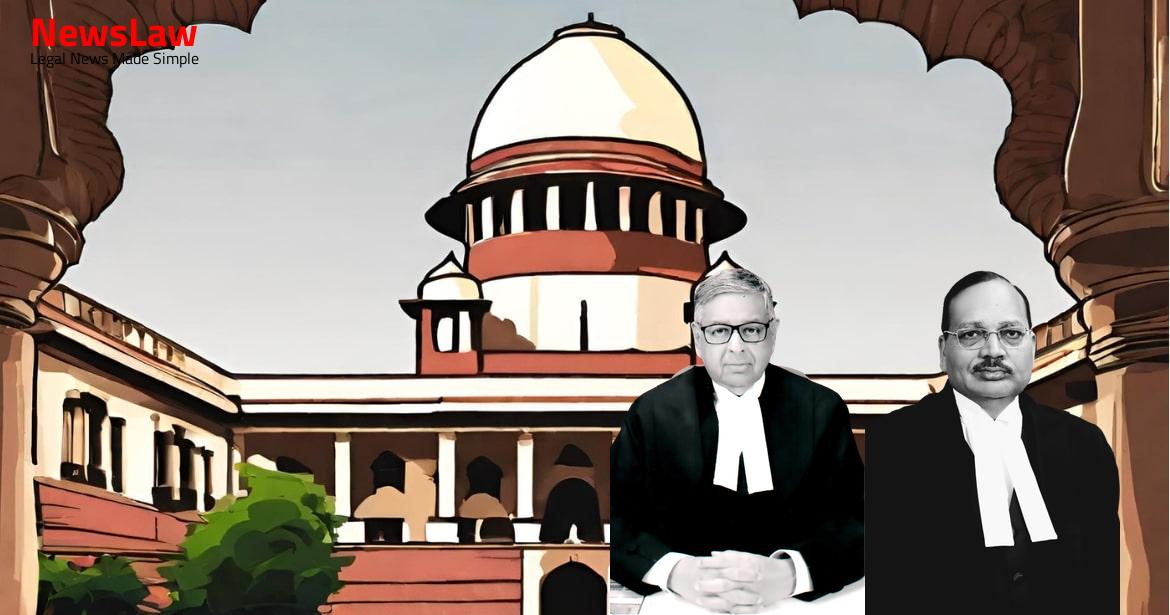During the course of their business, the Appellants purchased 75 Kg of pyridoxal-5-phosphate (as 3 x 25Kg packs) from one M/s Antoine & Becouerel Organic Chemical Co., vide invoice dated 19.03.2013.
Also Read: https://newslaw.in/case-type/criminal/procedural-rigidity-and-quashing-of-detention-order/
It is alleged that the Appellant had broken up the bulk quantity of raw materials into various pack sizes containing quantities 0.5kg, 1kg, 10kg and 15kg and had sold the same to various drug manufacturers.
The relevant part of the order is extracted below: “Though several grounds have been raised by the learned counsel for the Appellants, however, this Court is of the opinion the issue is a triable issue and the grounds raised by the counsel for the Appellants are all factual in nature, and it requires an appreciation of evidence, and this Court cannot decide the same in exercise of its jurisdiction under Section 482 of Criminal Procedure Code. b)
The impugned substance is a bulk food substance falling under the definition of “food” as per Section 3(1)(j) of the Food Safety and Standards Act, 2006 Rules and Regulations thereunder, and not a drug under Section 3(b) of the Drugs and Cosmetics Act, 1940. , has laid down broad guidelines for quashing a criminal complaint as under:- “In the backdrop of the interpretation of the various relevant provisions of the Code under Chapter XIV and of the principles of law enunciated by this Court in a series of decisions relating to the exercise of the extraordinary power under Article 226 or the inherent powers under Section 482 of the Code which we have extracted and reproduced above, we give the following categories of cases by way of illustration wherein such power could be exercised either to prevent abuse of the process of any court or otherwise to secure the ends of justice, though it may not be possible to lay down any precise, clearly defined and sufficiently channelized and inflexible guidelines or rigid formulae and to give an exhaustive list of myriad kinds of cases wherein such power should be exercised. (2) Where the allegations in the first information report and other materials, if any, accompanying the FIR do not disclose a cognizable offence, justifying an investigation by police officers under Section 156(1) of the Code except under an order of a Magistrate within the purview of Section 155(2) of the Code.
(7) Where a criminal proceeding is manifestly attended with mala fide and/or where the proceeding is maliciously instituted with an ulterior motive for wreaking vengeance on the accused and with a view to spite him due to private and personal grudge.” In State of Andhra Pradesh Vs.
Also Read: https://newslaw.in/case-type/civil/land-resumption-and-annulment-setting-aside-impugned-orders/
State of Punjab, this Court summarised some categories of cases where inherent power can and should be exercised to quash the proceedings: “It is well-established that the inherent jurisdiction of the High Court can be exercised to quash proceedings in a proper case either to prevent the abuse of the process of any court or otherwise to secure the ends of justice.
There may be cases where it may be possible for the High Court to take the view that the institution or continuance of criminal proceedings against an accused person may amount to the abuse of the process of the court or that the quashing of the impugned proceedings would secure the ends of justice.
Cases may also arise where the allegations in the First Information Report or the complaint, even if they are taken at their face value and accepted in their entirety, do not constitute the offence alleged; in such cases no question of appreciating evidence arises; it is a matter merely of looking at the complaint or the First Information Report to decide whether the offence alleged is disclosed or not.
This alleged breaking up of the impugned substance into smaller packages and further distribution of the same is being classified by the Respondent as “manufacturing”, and hence a case is being made out against the Appellants under Section 18(c) read with Section 3(f) of the Drugs and Cosmetics Act, 1940.
Upon perusal of the legal nature of the impugned substance, it can be seen that the impugned substance has been categorized as a bulk food substance falling under the definition of food as per Section 3(1)(j) of the 10 Food Safety and Standards Act, 2006. If we were to go one step further and assume that the impugned substance is solely used for drug manufacture, even then, the Appellants would not be liable under the Drugs and Cosmetics Act, 1940 since the Appellants already have the necessary Wholesale Drug License as per form 20B and 21B of the Drugs and Cosmetics Rules, 1945. No recovery has been made from the premise of the Appellants, and no evidence has been 12 provided to sustain the argument that the impugned substance is categorized only as a drug and requires a specific license. If the delay is reasonably explained, no adverse inference can be drawn, but failure to explain the delay would require the Court to minutely examine the prosecution version for ensuring itself as to whether any innocent person has been implicated in the crime or not.
While this court does not expect a full-blown investigation at the stage of a criminal complaint, however, in such cases where the accused 14 has been subjected to the anxiety of a potential initiation of criminal proceedings for such a length of time, it is only reasonable for the court to expect bare-minimum evidence from the Investigating Authorities. While it is true that the quashing of a criminal complaint must be done only in the rarest of rare cases, it is still the duty of the High Court to look into each and every case with great detail to prevent miscarriage of justice. No 6351 of 2017 pending in the Court of Metropolitan Magistrate-IV, Saidapet, Chennai stands quashed.
Case Title: HASHMUKHLAL D VORA Vs. STATE OF TAMILNADU (2022 INSC 1294)
Case Number: Crl.A. No.-002310-002310 / 2022



